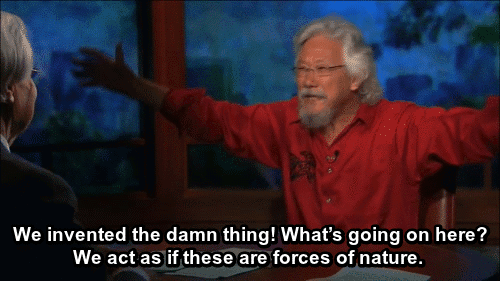Keen On Green
Who should pay for the environment?

There is a marketing push towards purchasing one-time use plastic products in unrecyclable packaging because they are practical, easily accessible and generally more affordable.
What we neglect to see is why disposable items are marketed as such.
These products are produced quickly and cheaply, then made available in mass quantities and at a low costs that are lucrative to suppliers.
But over time the cost of repurchasing the same disposable items will add up.
By investing in longer lasting, “green” products to (hopefully) eradicate the use of cheap, disposable ones, we negate this repurchasing trap and actively live more sustainably. By making daily product trade-offs at the time of use, we can convert to more sustainable alternatives without getting overwhelmed in an eco-overhaul.
Green comes at a cost
Seems easy enough, right? In an ideal situation, yes, but this lifestyle comes with a set of assumptions.
At the very least it assumes that you have a home, a stable job and income and agreeable dependants and partners. Being environmentally friendly isn’t accessible to members of the public who don't have the environment or sustainability on the mind because they literally cannot afford to.
Our economy is built on overproduction and waste, and there are many barriers to aligning your living with eco-friendly values.
It takes time, effort, and enough available income to plan a sustainable lifestyle and to invest in the initial products that will prevent further waste – for example, refusing to purchase products packaged in plastic and finding non-packaged alternatives.
Food matters
When it comes to food, an aversion to plastic usually means fresher and healthier purchases. But these options are sometimes not available.
Food Matters Manitoba (FMM) conducted a Downtown Community Food Assessment that shows fewer full service grocery stores in the downtown area since 2011.
According to the same study done by FMM, the average income of downtown residents is less than half of the City of Winnipeg and downtown is considered to be a “least healthy” neighbourhood in Winnipeg.
Eco-friendly products are available but are inaccessible to many in the downtown area due to this distance, perpetuating the cycle of lower demand - higher price.
This lack of demand and affordability of these products is intertwined with a number of issues today including lack of awareness and education focused on the environment, climate change, and human impact.
Unfortunately this is why there is so much disparity around taking action about the aforementioned environmental issues. They are big issues, too big. What can one person handle? What can I do?
Be accountable.
That being said, I do not believe this accountability is best reflected by charging more for making better choices about our health, our economy, and most importantly, our environment. Accountability is not a one-way street.

Possible solutions could be government subsidized, eco-friendly businesses or investment in community economic development programs and business models with an environmental focus. Another approach could be making small re-structuring tweaks on a community level, offering supports for these products, such as good community and city compost and recycling programs and education on how they work.
To encourage the practice of an environmentally conscious society, these concepts and commodities must be made accessible and affordable. They have to become familiar, but most importantly, there must be a reshaping of the mindless, cookie-cutter options our communities, cities, provinces, and world present to us when it comes to sustainable practices.
Talula Schlegel is a perpetual student and former UWSA Environmental Ethics Co-Director. She studies Environmental Sciences at the University of Winnipeg.
Published in Volume 70, Number 20 of The Uniter (February 18, 2016)






